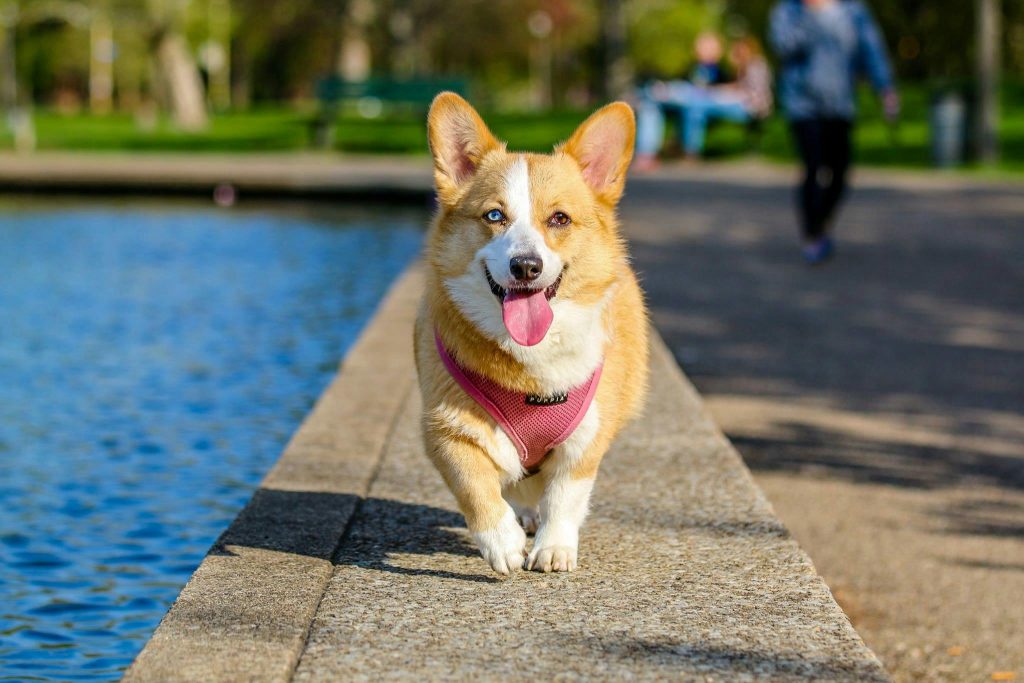Smart and obedient dogs don’t just happen by chance—they’re trained that way.
If you’ve ever admired how well-behaved someone else’s dog is, good news: you can train your dog the same way!
Here are 6 simple and easy-to-learn dog training methods that can help you raise a well-mannered pup—stress-free and beginner-friendly.
Best Training Period
The golden training window for dogs is between 3 to 6 months old. At this age, puppies are highly adaptable and have less strength, making training easier for owners. They also have few bad habits yet.
If you make good use of this period to develop your puppy’s body and mind comprehensively, a well-behaved and obedient dog will soon be yours.
Choose a Distraction-Free Environment
Puppies are naturally curious. During training, if there are too many distractions around, they won’t be able to focus, which greatly reduces training effectiveness.
It’s best to start training indoors, where there are fewer distractions. This controlled environment helps your puppy concentrate and learn better.

Consistency in Commands
When training your dog, assign different commands for different behaviors and stick to those commands without changing them arbitrarily.
Once your dog gets used to the commands, it will understand your instructions clearly.
To improve your dog’s recall response, avoid using the same word repeatedly for different commands, as this can confuse your dog.
Keep Training Sessions Short
Since puppies have a short attention span, each training session should not be too long.
Generally, 10 to 15 minutes per session, two to three times a day, is ideal. Too much training can overwhelm your puppy and make it harder for them to remember.
Keep commands short and simple. When your puppy performs well, offer praise or a small treat as a reward.
Using Toys to Capture Attention
If your dog struggles to focus during training, try using its favorite toy held at eye level.
Guide your dog to perform commands like pawing, lying down, standing, and staying.
This method helps your dog concentrate on you for 1 to 2 seconds, which can gradually be extended during future training sessions to improve attention span.
Timing of Rewards Is Crucial
For some smarter dogs, training requires small rewards to keep them motivated and willing to follow your commands.
Tasty treats are a powerful incentive for puppies to learn, but it’s important to teach them to earn those treats through their actions—not to demand them freely.

